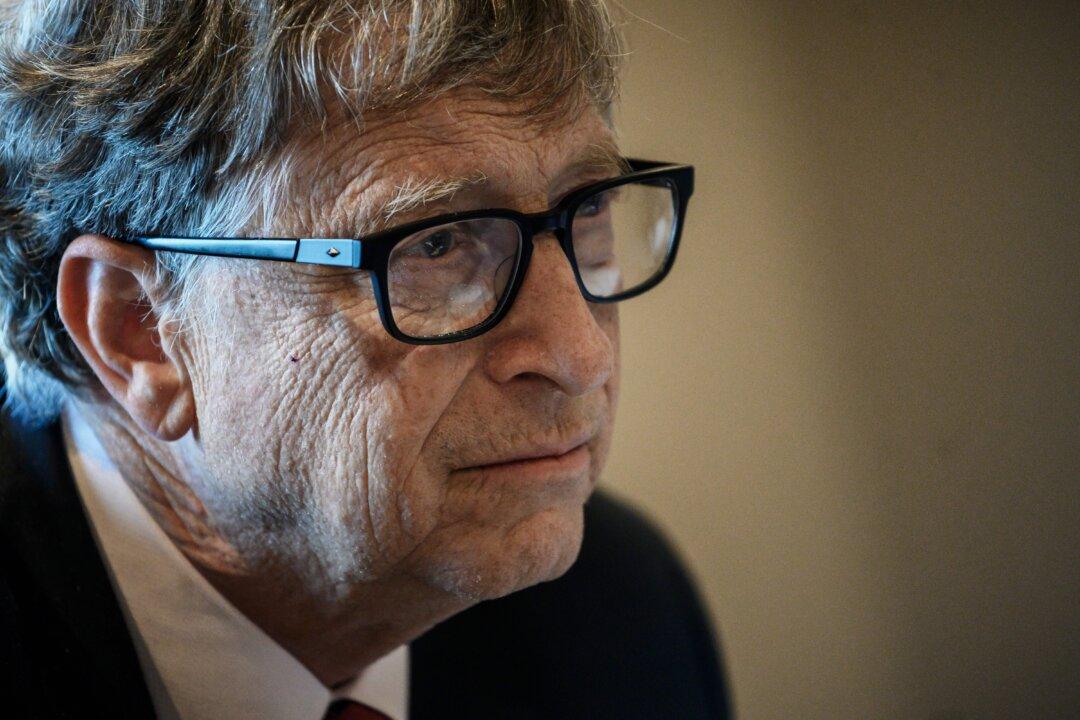Microsoft co-founder Bill Gates has warned that artificial intelligence technologies could aid in manipulating elections and “tip” results in close races.
“Deepfakes and misinformation generated by AI could undermine elections and democracy … AI-generated deepfakes could be used to try to tilt an election,” Mr. Gates said in a July 11 blog post. “There are already phony videos that feature fabricated footage of well-known politicians. Imagine that on the morning of a major election, a video showing one of the candidates robbing a bank goes viral. It’s fake, but it takes news outlets and the campaign several hours to prove it.”





